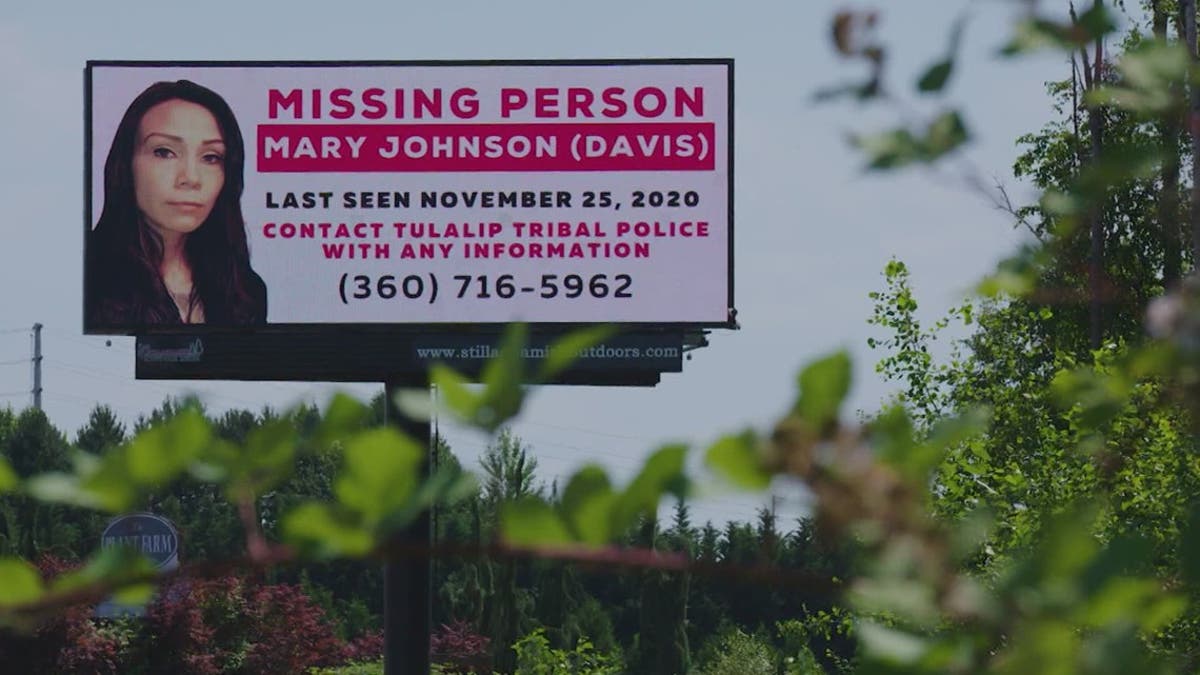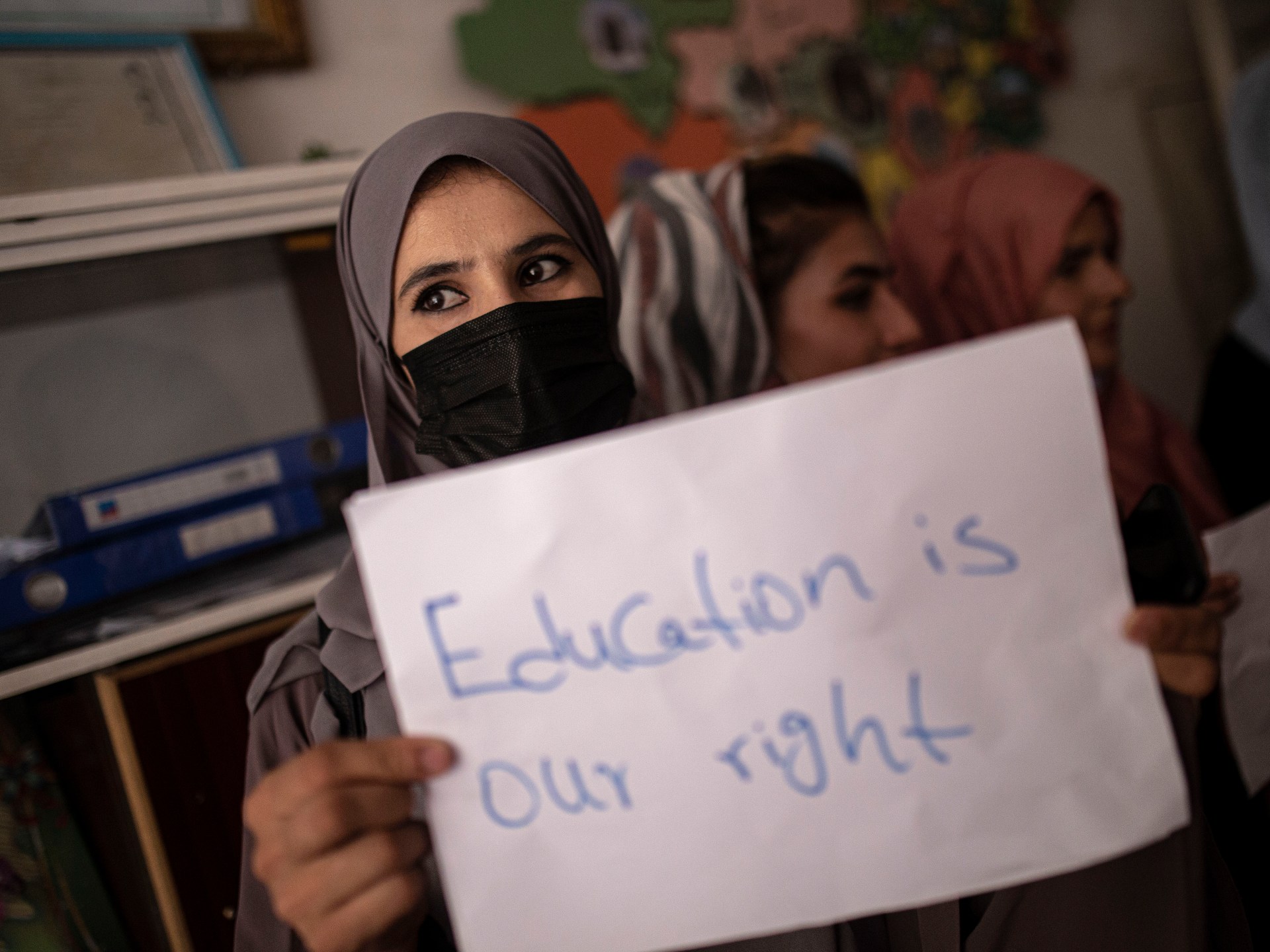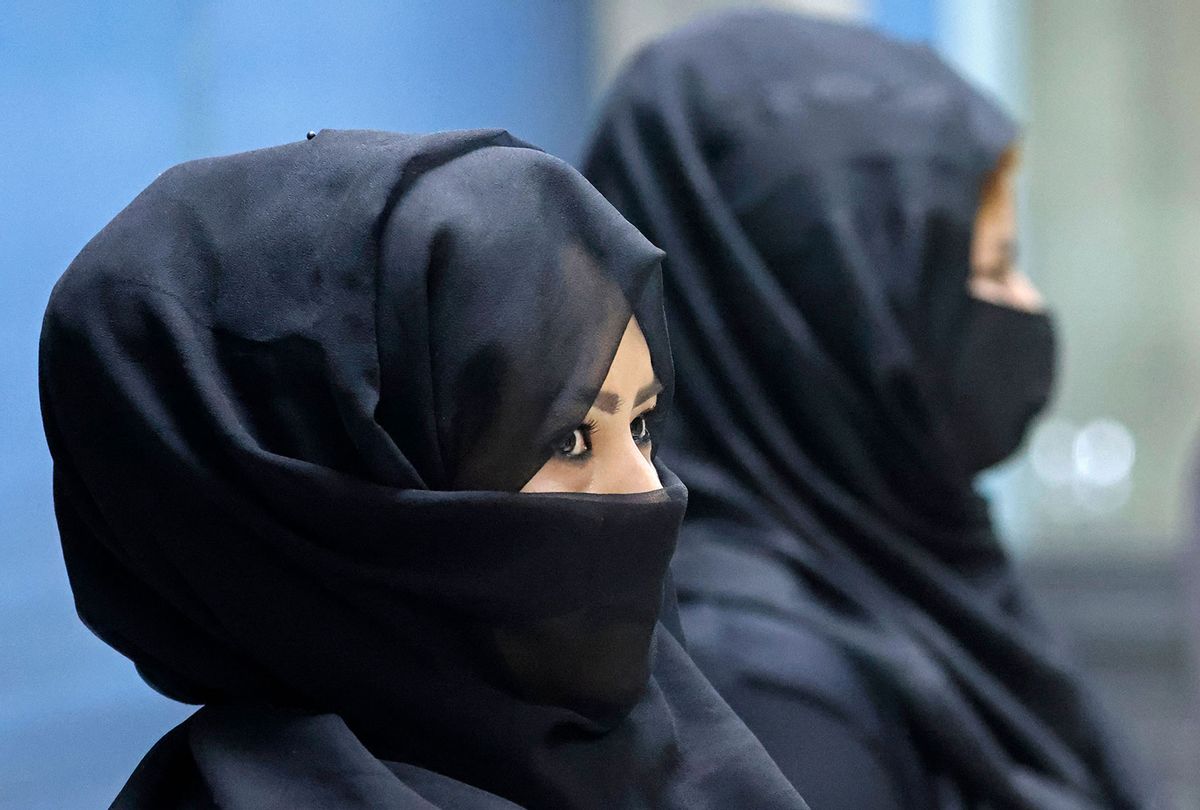
Pipelines, man camps and murdered Indigenous women in Canada
Al JazeeraIn Canada, resource extraction is not only endangering the land – but the lives of Indigenous women. Although she does not like to stereotype the oil industry because, she says, “There’s fathers, mothers, working in that industry who lead good lives”, she describes Fort McMurray as “a lawless place”. And there’s so many families grieving, seeking answers, seeking justice.” Loss after loss after loss Just over 1,000km west along the infamous Highway of Tears where dozens of women, mostly Indigenous, have gone missing or been found murdered since the 1970s, Delee Nikal is mourning several family members lost to the MMIWG crisis. Last June, Canada’s National Inquiry into Missing and Murdered Indigenous Women and Girls released its final report, in which it identified a link between “boomtown” and “man camp” environments that emerged around resource extraction projects and violence against Indigenous women and girls, as well as increased sex industry activities in those areas. “I guess when you inherit family wealth you have the luxury to make such idiotic statements.” But the Final Report of Canada’s National Inquiry into Missing and Murdered Indigenous Women and Girls was clear about the link between resource extraction and spikes in violence against Indigenous women, girls and two-spirit people.
History of this topic
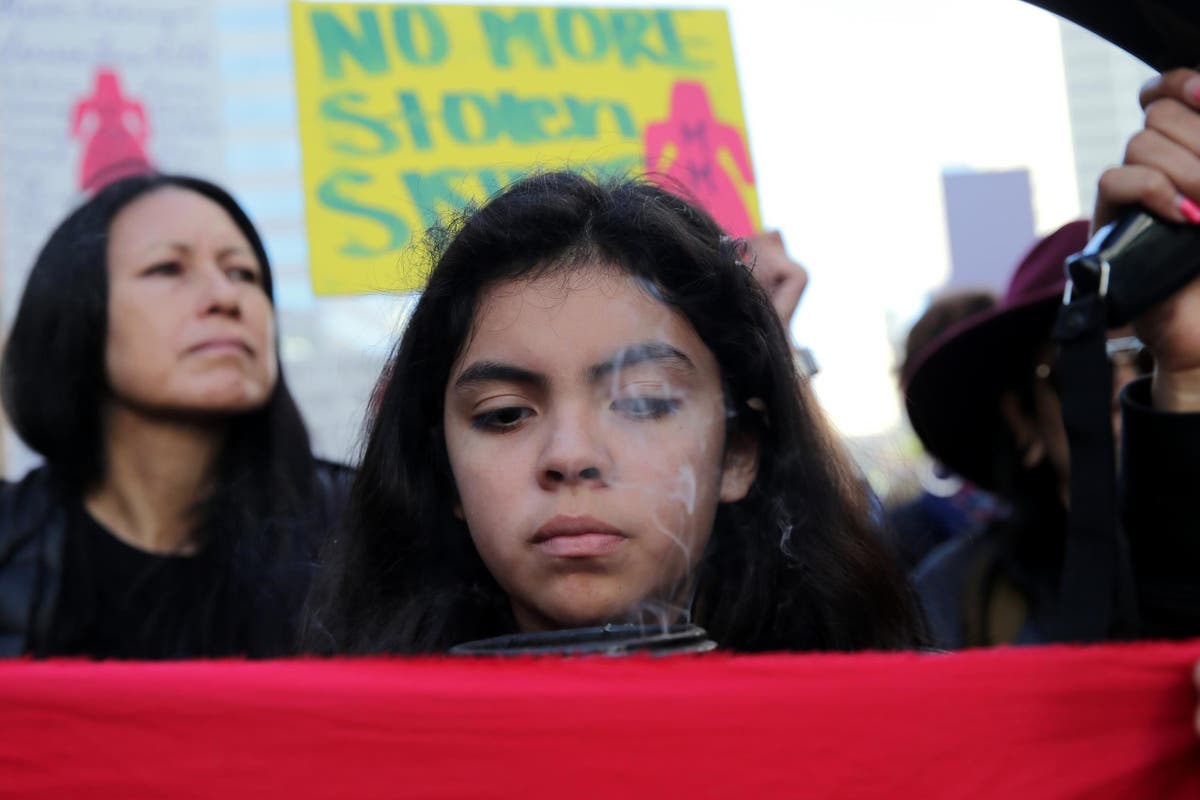
Police warn there may be more victims as alleged serial killer charged with murder of four Indigenous women in Canada
The Independent
A warrior for Indigenous women and girls
Al Jazeera
Thousands of killed or missing Indigenous women and girls are victims of a ‘Canadian genocide,’ report says
CNN
Murders of indigenous women a ‘Canadian genocide’: Leaked report
Al JazeeraDiscover Related


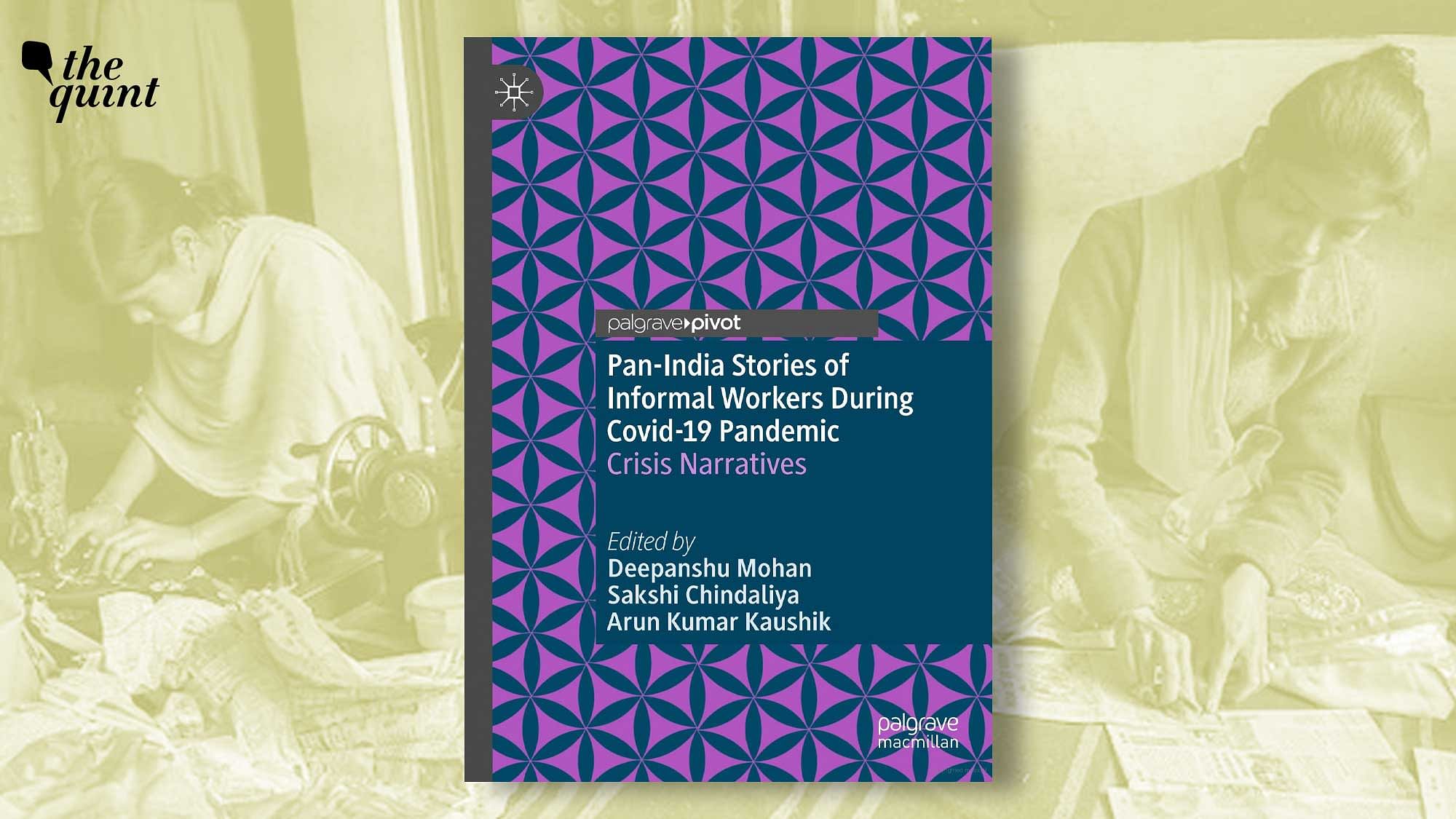

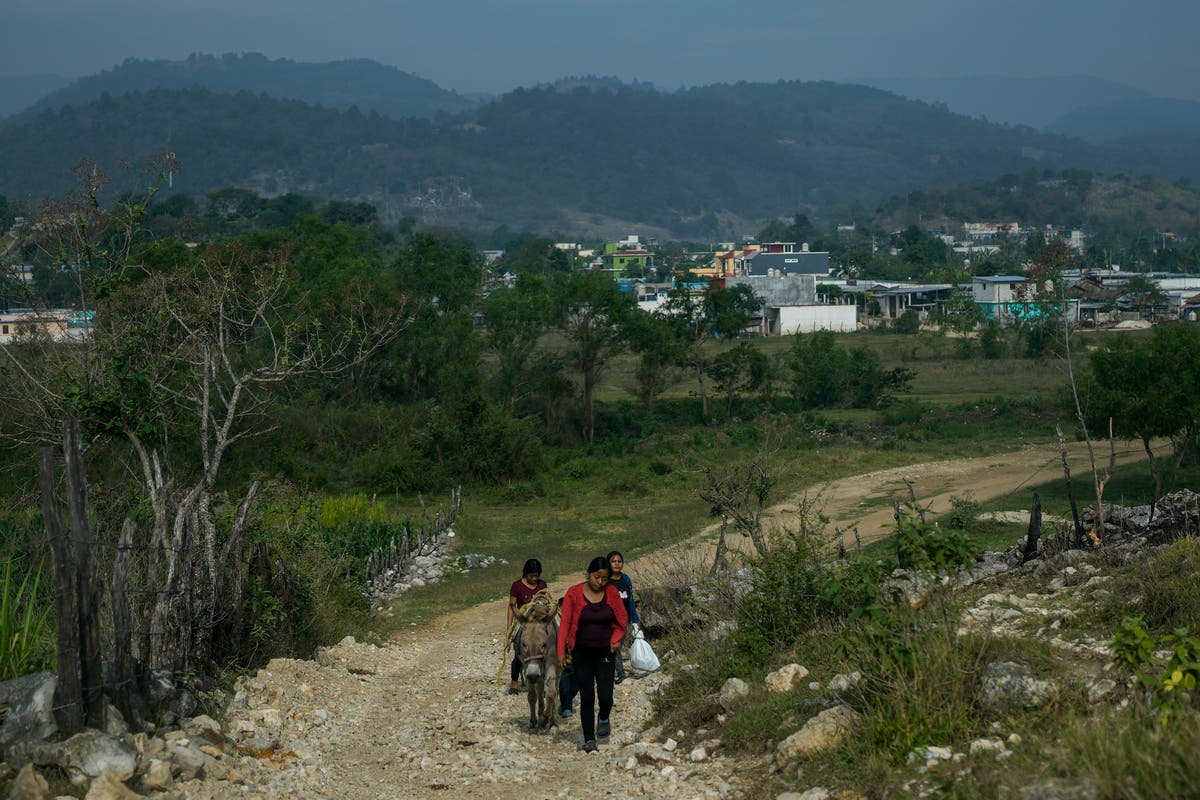

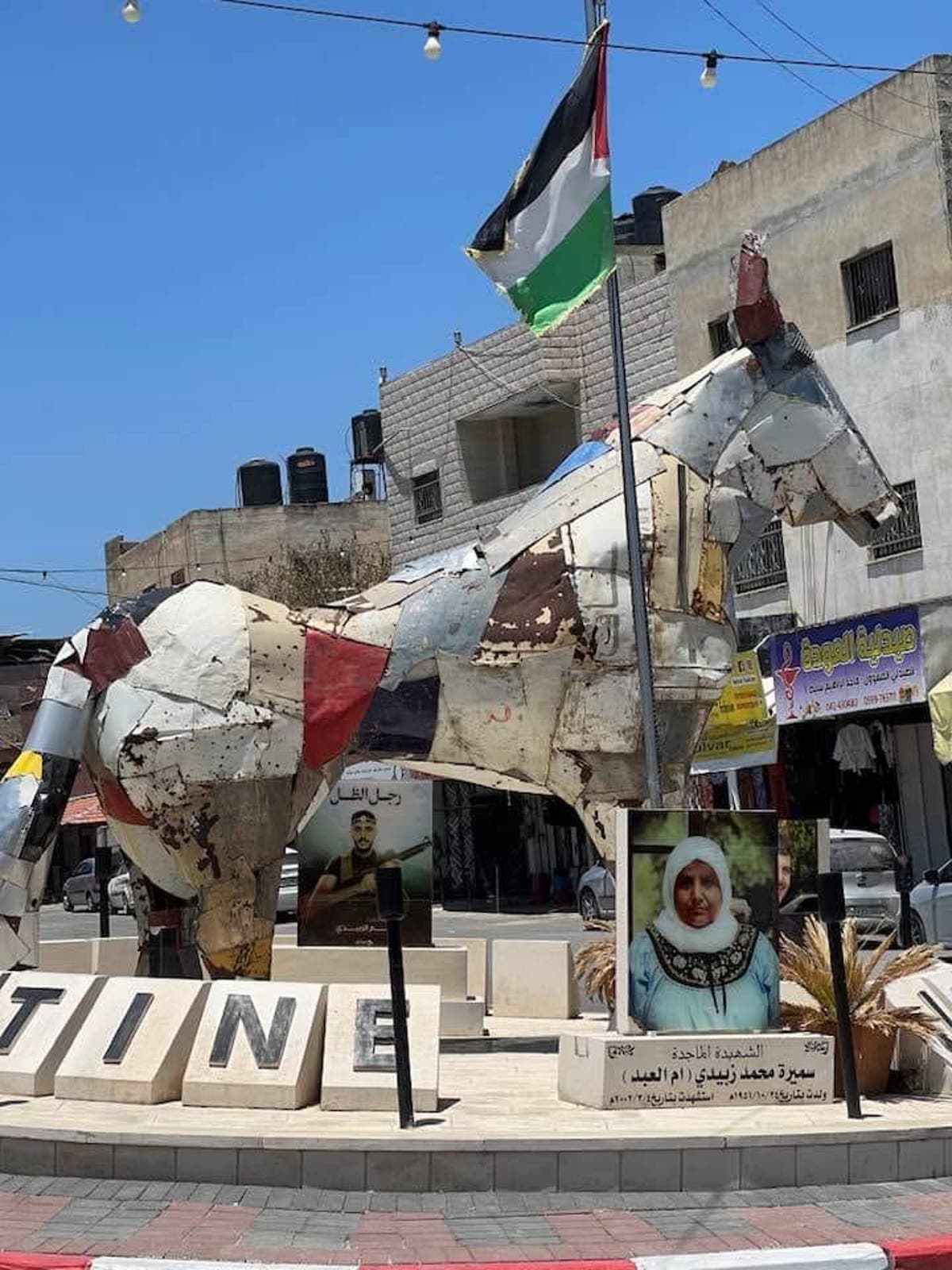
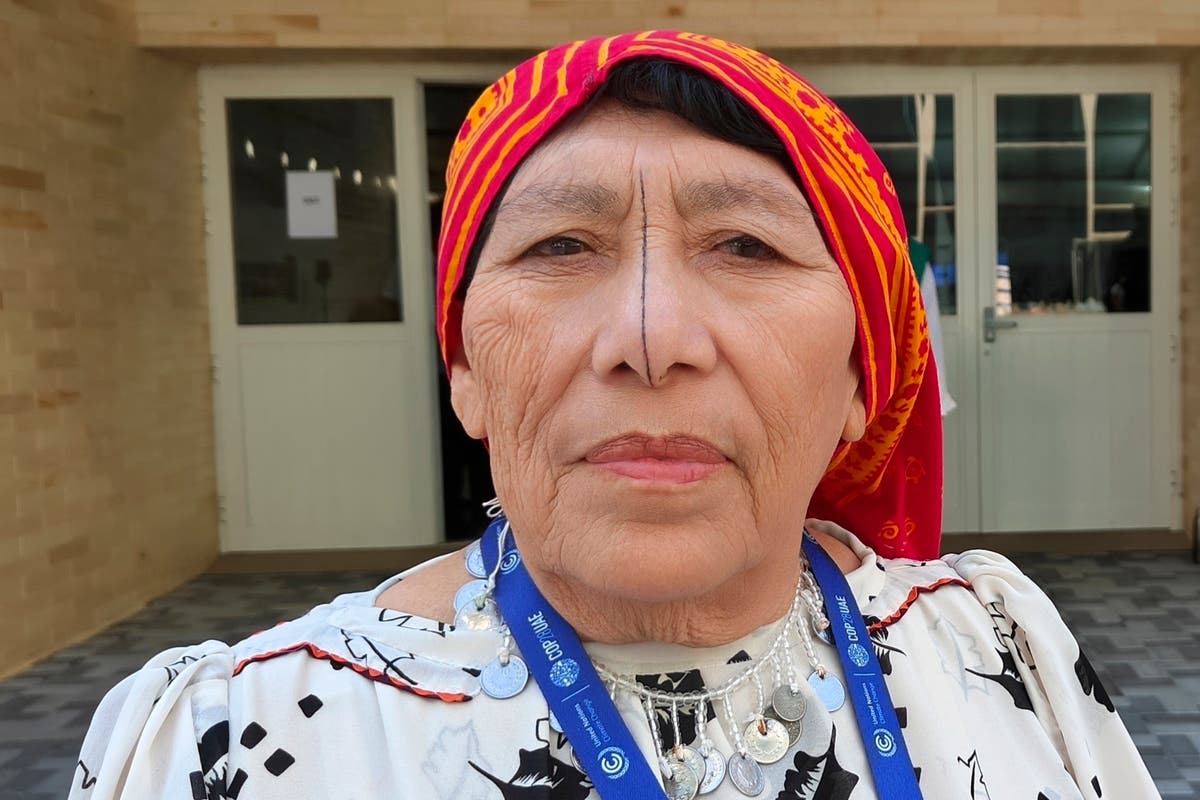


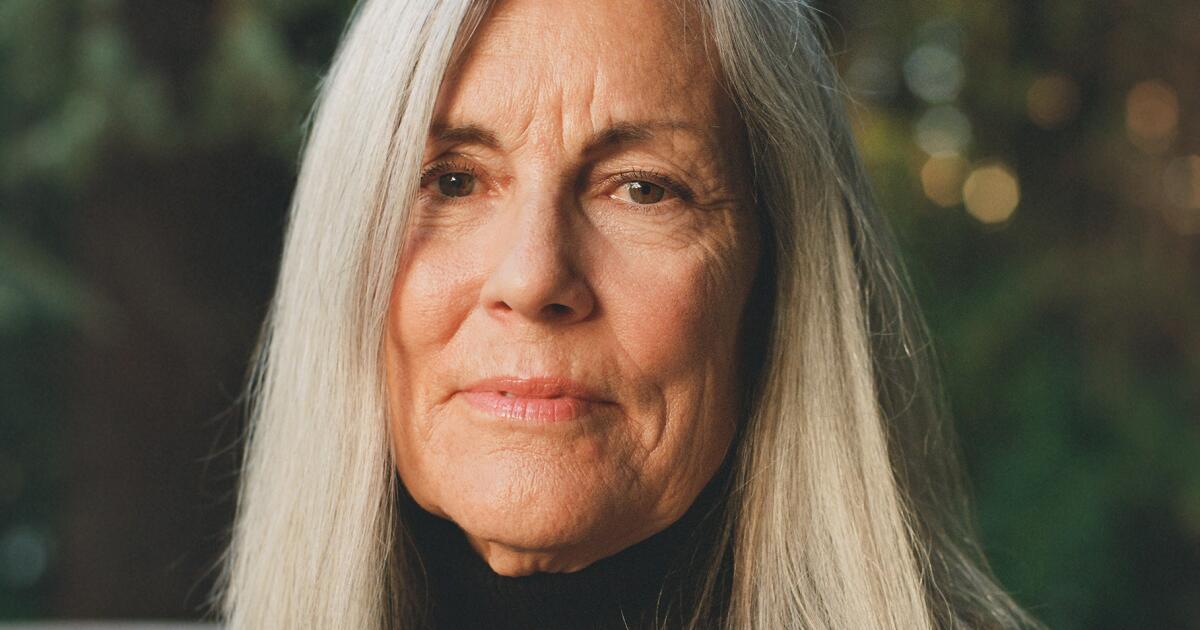


)

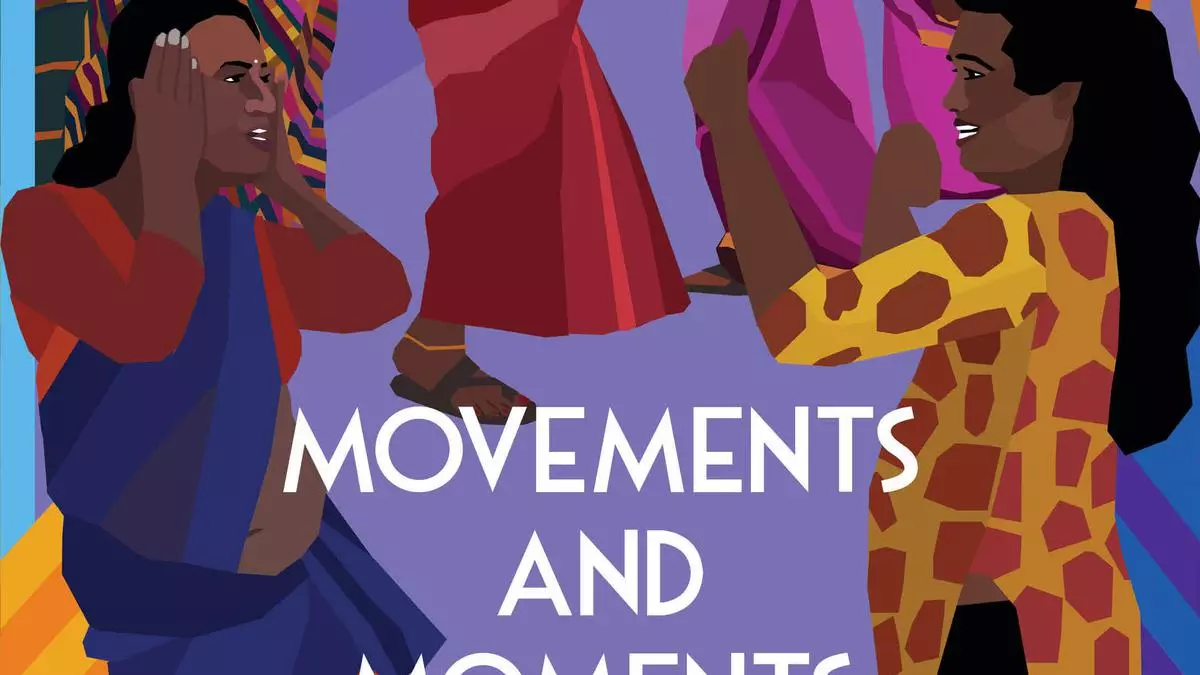
)




